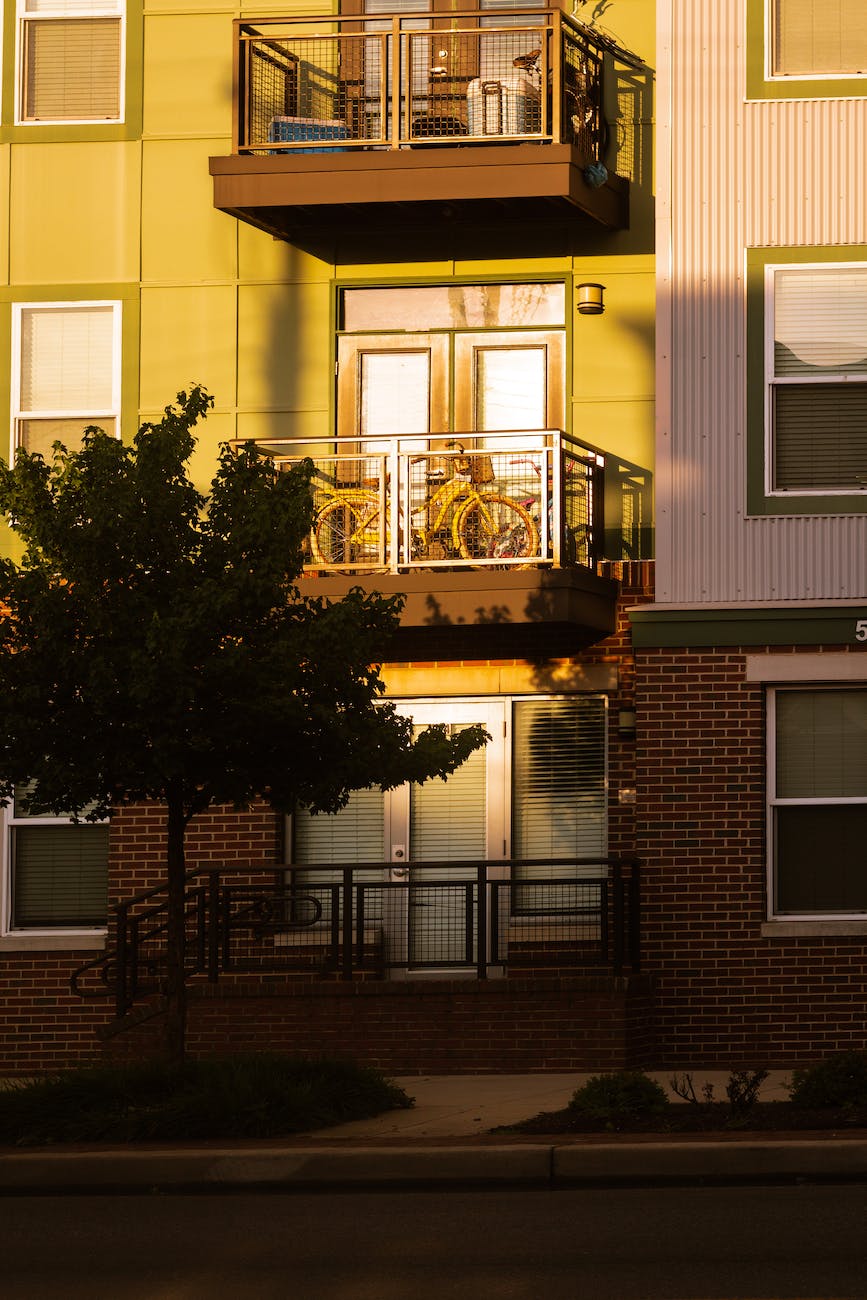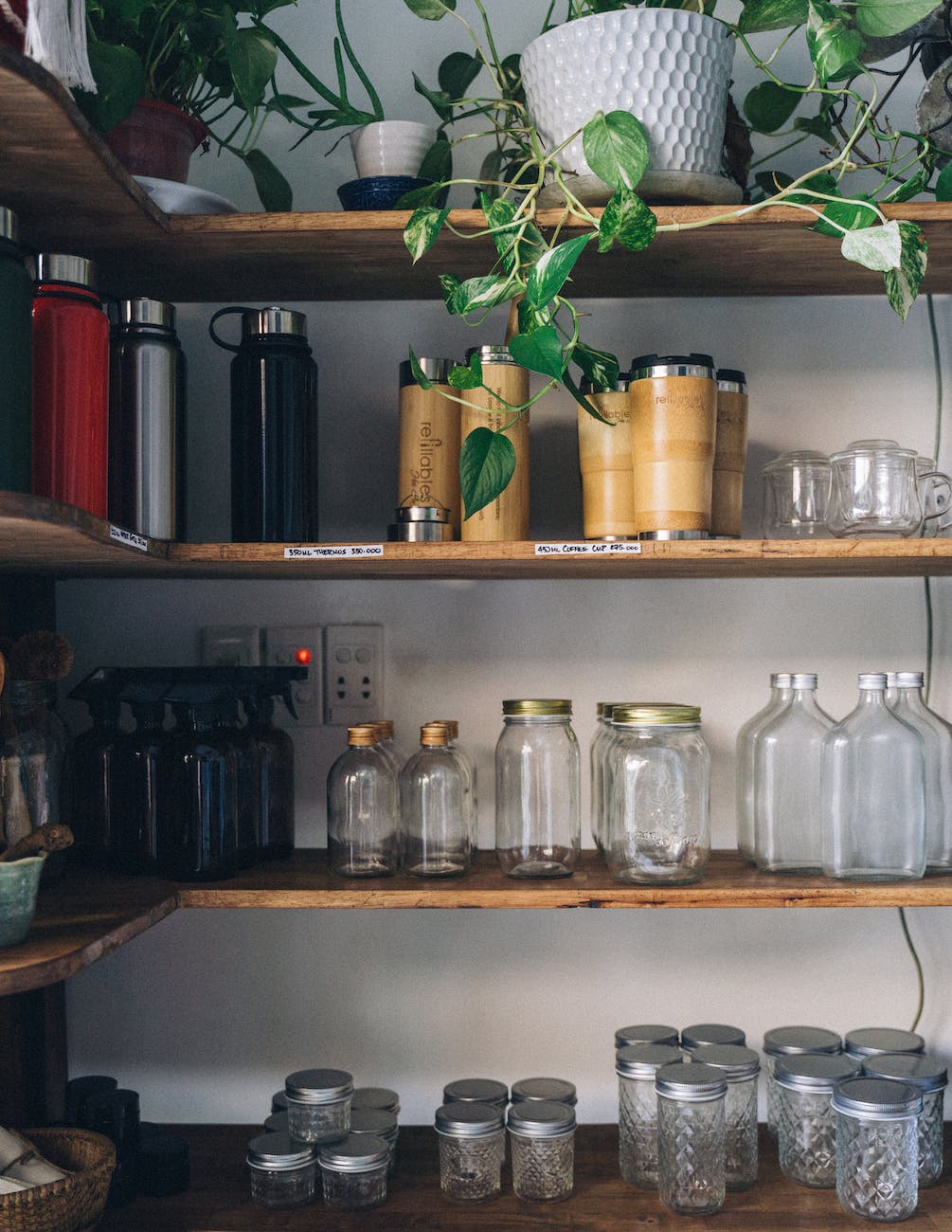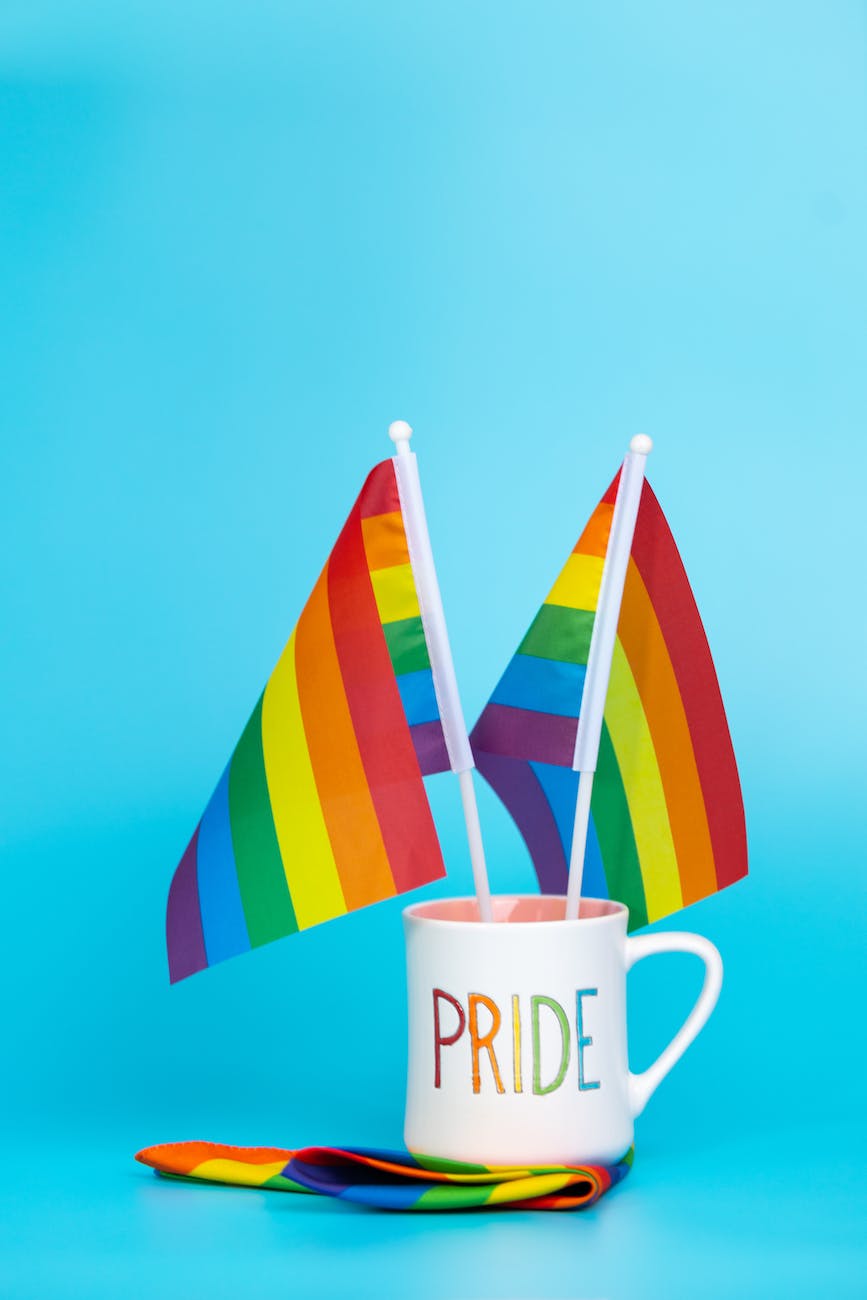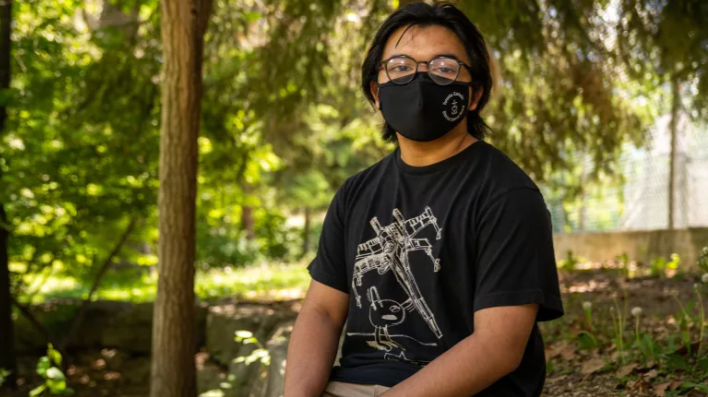Pyramids are often uses as a model within development and other spaces, whether correctly or incorrectly eg pyramids of needs, food pyramids and others. Some work well, some not so well. However, I did come across one recently that I think has value for where we are at right now.
These days, there is far too much of every level of the pyramid – including anti-LGBTQ+ laws in countless places, pointless wars, genocide, a climate crisis that is being ignored and many other challenges
There is far too much hate (for people and the planet), and not enough love, peace, kindness and inclusion and sustainability.
So, why did I post this today?
Far too often, I still see people posting (or sharing in other ways), things that land on the pyramid of hate – either the bottom, or even much higher up. Might be something discriminatory, might be support for a politician or law that discriminates against others, might be support for a war that hurts others, might be lack of support for refugees, might be hateful comments about how a minority (eg LGBTQ+ or others) don’t belong in one’s faith group or family or so many other awful things.
So, what would this look like if we flipped it around, and made it a pyramid of inclusion? (Apologies in advance: my design skills are not good enough to actually redesign it here, so we’ll have to use our imaginations.)
Instead of thinking and acting on our negative biases, leading to discrimination and violence, let’s reverse the cycle. Let’s actively include, and find space for others. Let’s stop justifying our own bad behaviour (eg hateful attitudes, discrimation, sexism, racism, exclusion, pollution and others), pretending that “it’s not that bad, and not hurting anybody” (or any of countless other excuses and justifications). Just because somebody else’s behaviour is worse, doesn’t make our behaviour OK. Both can be wrong, in different ways. We all have ways to improve and learn how to do better.
The Giza pyramids have been around for a long time. Likewise, our legacy – of hate, discrimination and climate destruction OR love, inclusion and a safe planet – will last just as long. So, which do we choose?
If we want a pyramid of inclusion, we need to face our own areas where we need to learn more, find ways to be more inclusive, take radical action to to love creation (switch to a plant-based diet, quit flying, get rid of our gas-powered vehicles, downsize our homes and many others, depending on individual circumstances etc).
So, as we start a new week, what kind of pyramid are we going to build? 🙂
Like this:
Like Loading...































:format(webp):no_upscale()/cdn.vox-cdn.com/uploads/chorus_asset/file/16283662/Screen_Shot_2019_05_17_at_11.07.37_AM.png?resize=473%2C225&ssl=1)
